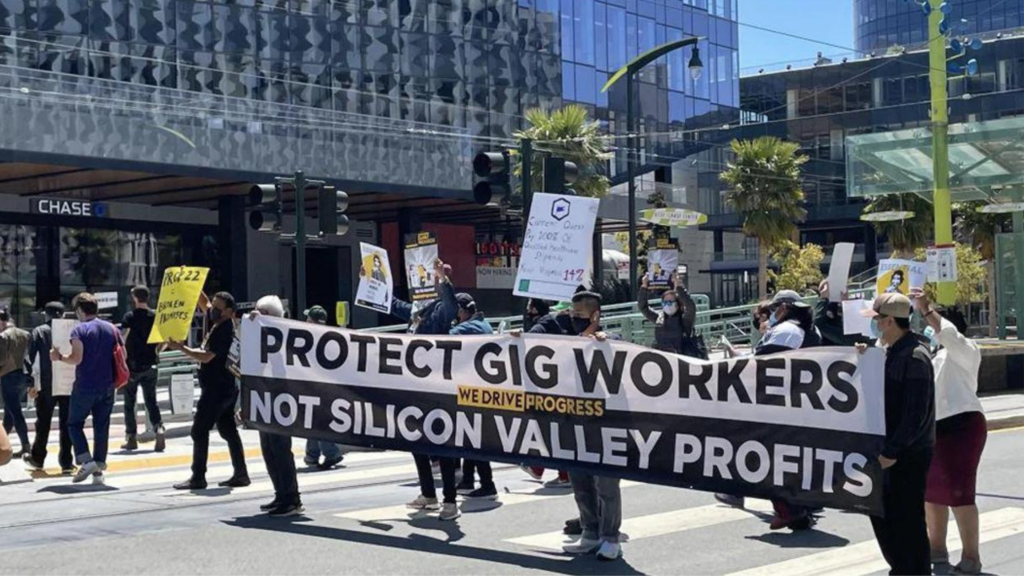The U.S. Department of Labor recently proposed that independent contractors who are economically dependent on a particular company reclassify as W2 employees. If implemented, it would drastically alter the increasingly popular gig-economy model, which has grown exponentially in just the past two years. The beauty of freelance assignments is that they enable people to work flexible hours for multiple organizations and earn as much money as they choose without having to report to a boss. College students can make money on platforms like Etsy, while others pursue side hustles or main gigs as Uber, Lyft or DoorDash drivers.
The fact is that technology has enabled any of us to be solo entrepreneurs. In my view, the new rule boils down to benefits and taxes. It’s worth noting that staffing companies like mine have for a long-time paid payroll taxes and arranged child-support garnishment, as well as provided proof of employment and employment insurance, which are just a few of an employer’s obligations. The tricky part is in the hospitality industry that we serve, many caterers and event coordinators hire 1099 freelancers alongside W2 to do the same type of job.
Regulators need to keep in mind that a recent poll suggested as many as 70% of Uber drivers would quit if they had to take on a traditional employment role with the ridesharing service. The ideal solution would be for the federal government to examine what’s best for the people working these jobs. We don’t want unintended consequences that deprive them from chasing the American Dream on their own terms with the freedom to juggle multiple shift-work gigs and life in a way that best suits their needs and desires.
Related Articles:
Why gig-work is so appealing to so many working Americans
How Gig Work Can Blaze a Path to Entrepreneurship
